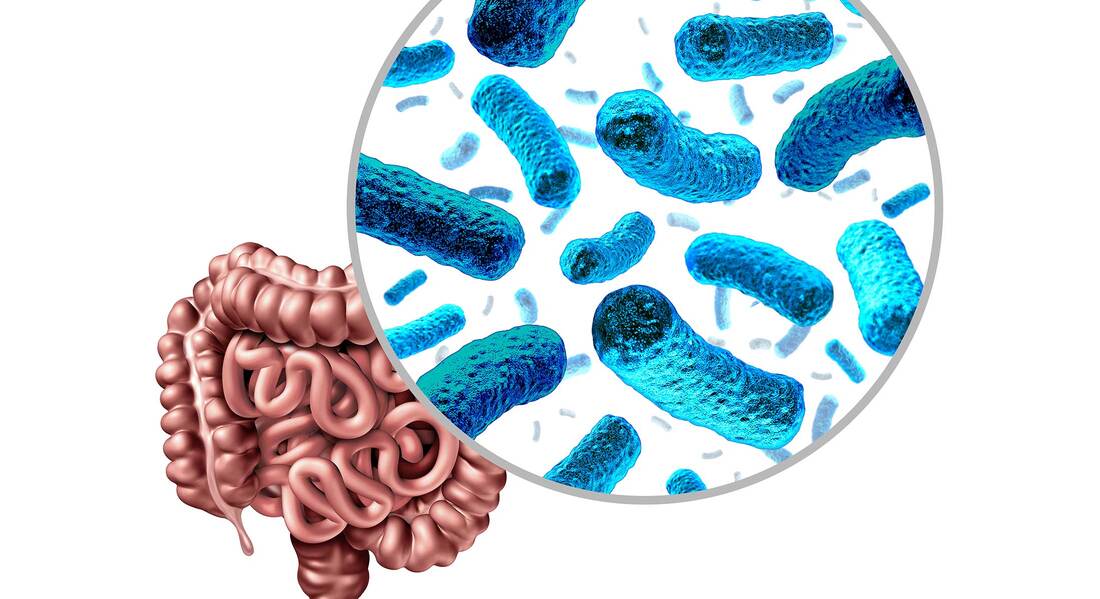Gut Health - Microbiome 101Did you know that there's a whole world of microorganisms residing in your gut? The term used to describe this vast, yet microscopic community is 'microbiome' or 'microbiota' which collectively refers to all the microbes - including bacteria, viruses and fungi - that exist in and on the human body. A whooping 95% of these microbes reside in your gastrointestinal tract, predominantly in the large intestine.
To put this population into perspective, there are ten times more bacterial cells in your body (40 trillion), specifically contained in your gut, as opposed to human cells (only 30 trillion) - meaning, you're more bacteria than human! Diving deeper into the gut microbiota, there are around 1,000 different species of known bacteria, each playing a different role in your body - but only a couple of hundred predominate. The collective weight of these bacteria can be up to 2 kilograms. The composition of the colony in your gut is as unique as your fingerprint. One third of gut bacteria is common to most people, while the other two thirds are individual to you. While some strains of bacteria are harmful, many others are extremely beneficial and necessary to keep your body healthy. When the number of harmful bacteria outweighs the number of friendly bacteria in the gut, an imbalance called dysbiosis can occur. So, it makes sense that in order to be at your healthiest, you need to ensure that your good bacteria are kept happy, healthy and as abundant as possible. The gut microbiota is a complex field of ongoing research in the medical community and is constantly under the microscope. Findings uncovered by new scientific investigations have greatly improved our understanding of the microbiota, and its systemic influence in the body. Studies have explored and identified links between gut health and the immune system, mental health, autoimmune diseases, endocrine disorders, weight, skin conditions and even cancer. Poor gut health not only relates to digestive discomfort, but can also restrict essential energy and nutrient supply to other bodily organs and systems, compromising their function. For example, the gut houses 70-80% of your immune system, so this can take a hit when the gut isn't performing properly, Essentially, the gut microbiota acts like another organ in your body, regulating health and disease. Reproduced from The Good Gut Guide, Orthoplex. Vanessa Winter BHSc (High Dist.), BEd, Dip.Nat., Dip.Herb.Med., NMHNZ SmartGENES Naturopathic Clinic
0 Comments
Your comment will be posted after it is approved.
Leave a Reply. |
Vanessa WinterChristchurch Naturopath and Medical Herbalist with over 20 years experience in the field of natural health. Archives
July 2024
Categories |
Naturopath Christchurch
|
2024: This website and content contained within it is copyright to SmartGENES Naturopathic clinic
and may not be copied and used without permission. Please contact the website owner if you wish to add a link to this website. Thank You. |


 RSS Feed
RSS Feed